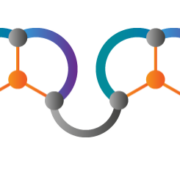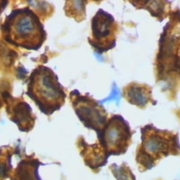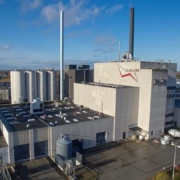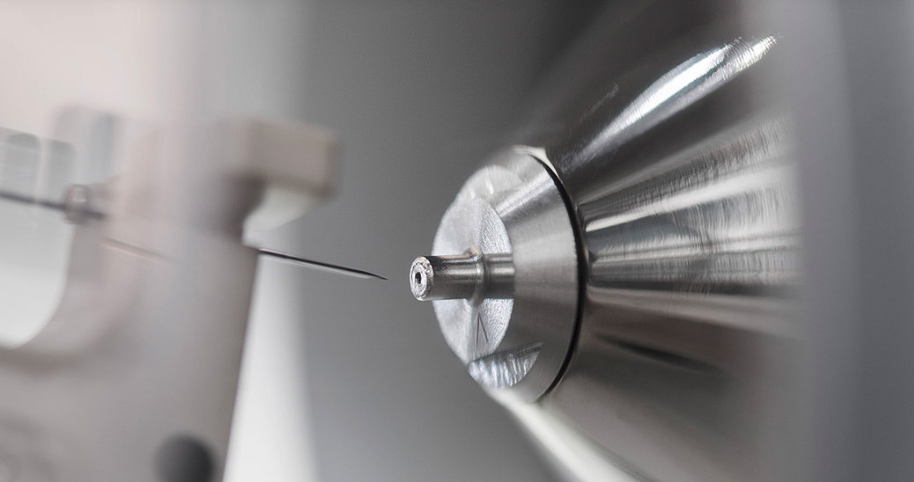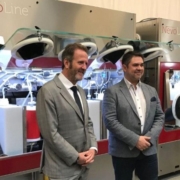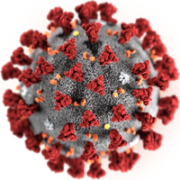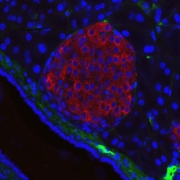Roche AGs has paid US$30m upfront in a potential US$1.7bn deal to get access to Bicycle Therapeutics plc’s technology platform to target immune checkpoints.
ADVERTISEMENT
Negotiations of the EU Council on the EU’s seven-year budget have failed, putting R&D funding at risk for significant cuts.
Royal DSM NV has entered the growing market of human milk oligosaccharides (HMO) taking over the producer of recombinant 2′-fucosyl lactose, Danish Glycom A/S.
US-German immunooncology specialist Immatics Biotechnologies GmbH has licensed two of its TCR-T programs to GlaxoSmithKline for US$50m upfront.
Univercells S.A. cashes in up to €50m from the KKR subsidiary Gamma Bioscience to advance its gene and cell therapy manufacturing platform.
Shortly before a EU health ministers discuss the spread of the Chinese coronavirus, EU diagnostic labs have considered themselves prepared for a possible Sars-CoV-2 epidemic.
Using a combination of approved diabetes drugs, a Swiss-US research team was able to support the regeneration of insulin-secreting cells in the pancreas.
Researchers report that JAK inhibitors – a class of approved anti-inflammatory drugs – prevented bone loss in mice with osteoporosis and two patients with rheumatoid arthritis.


